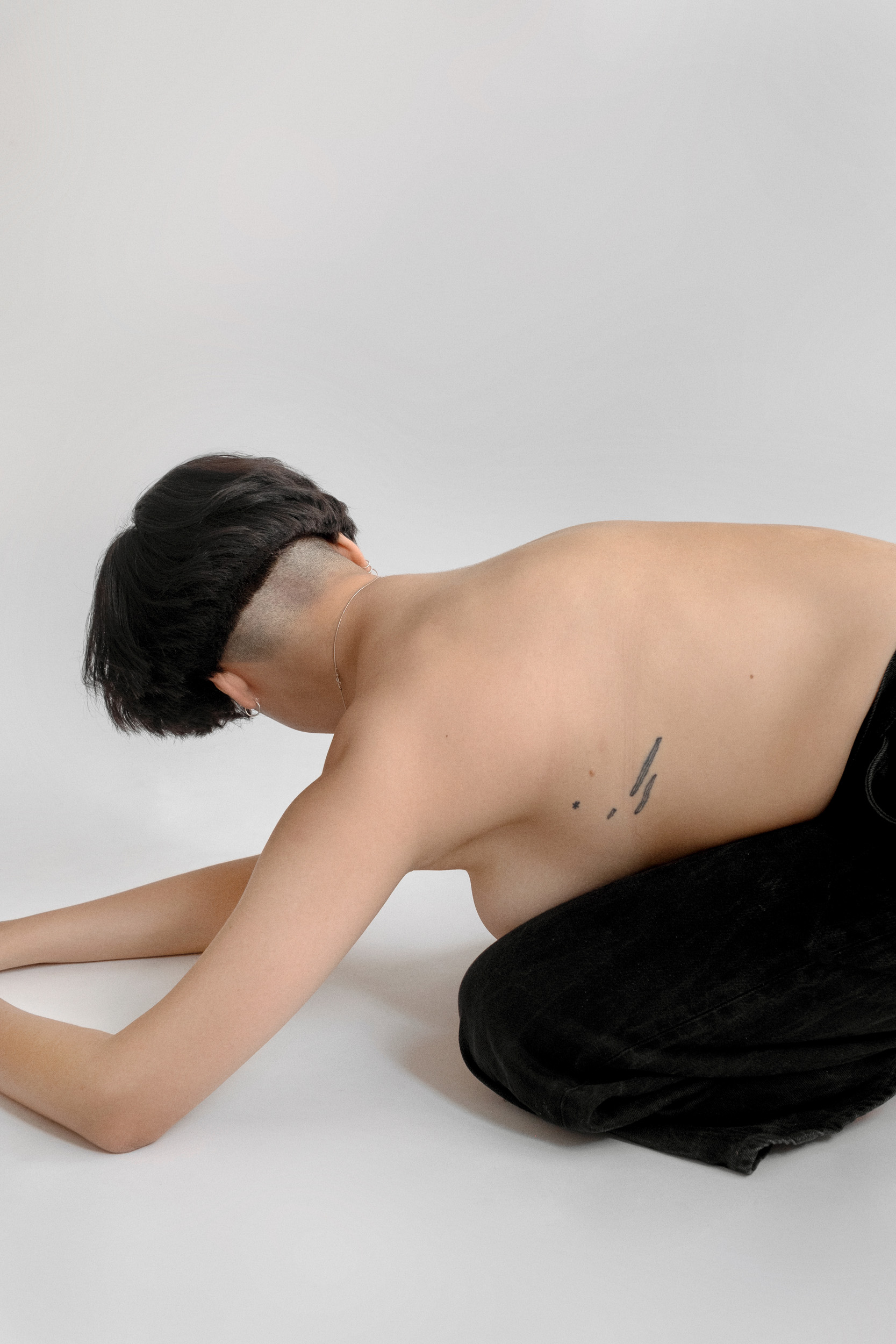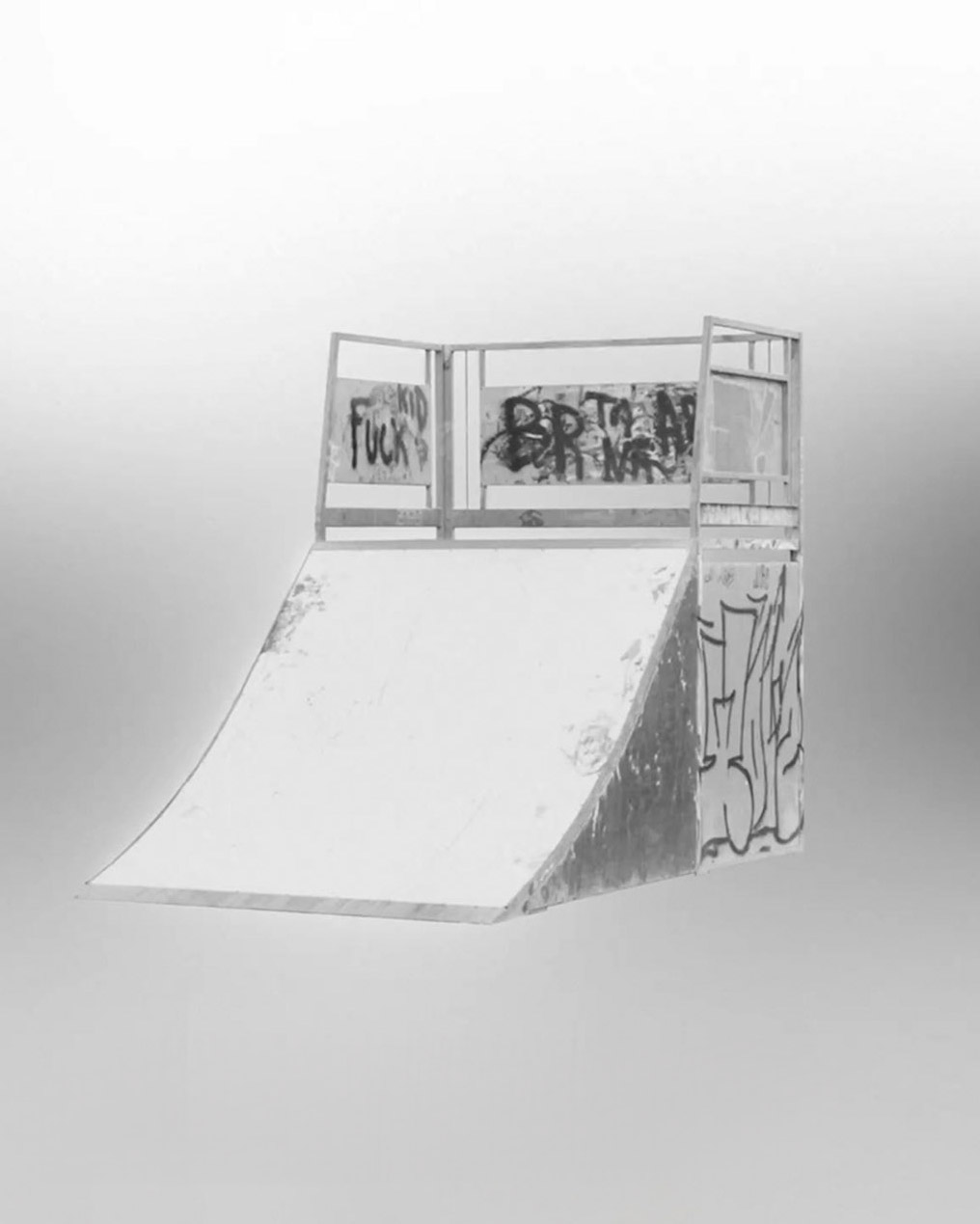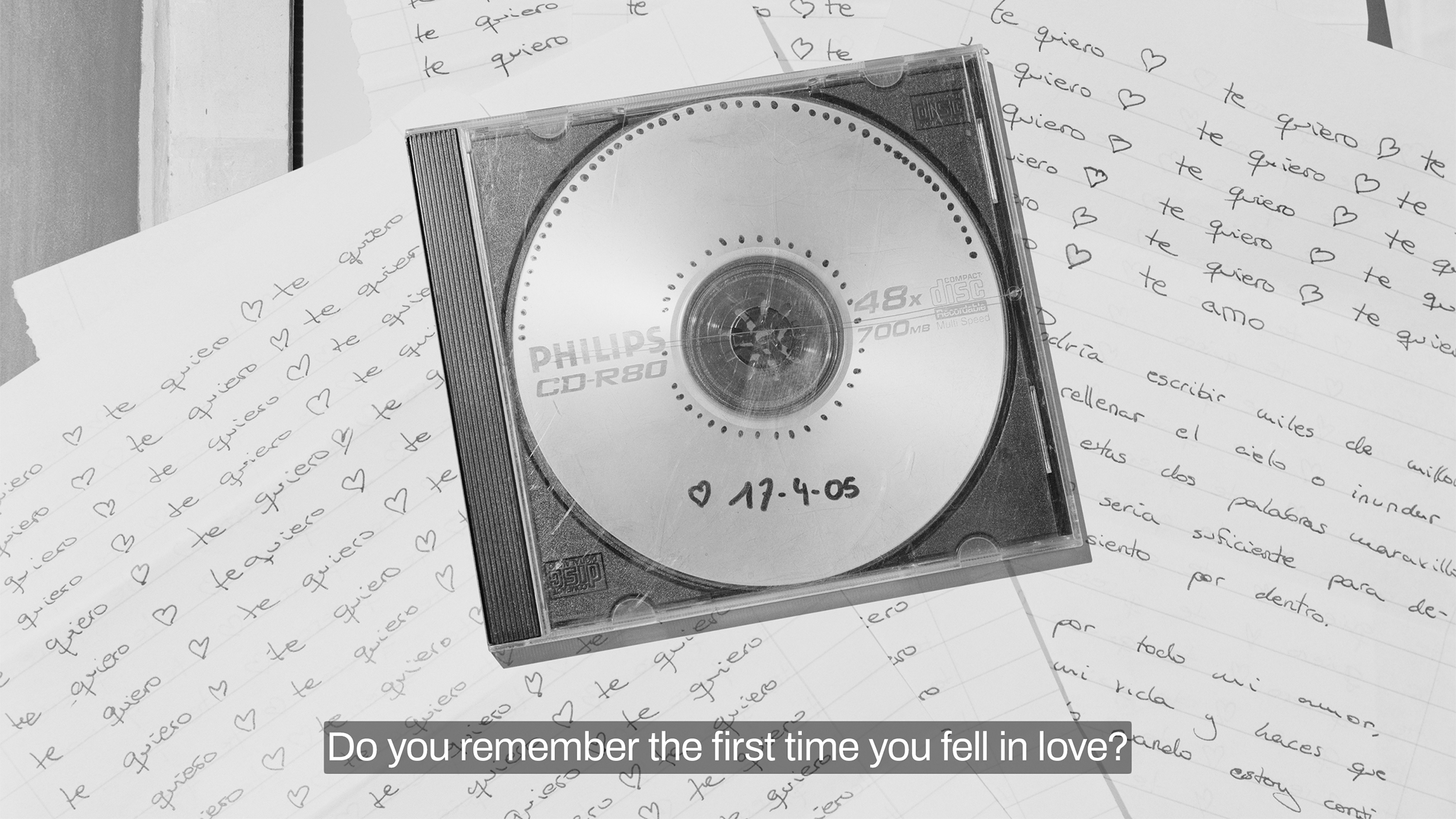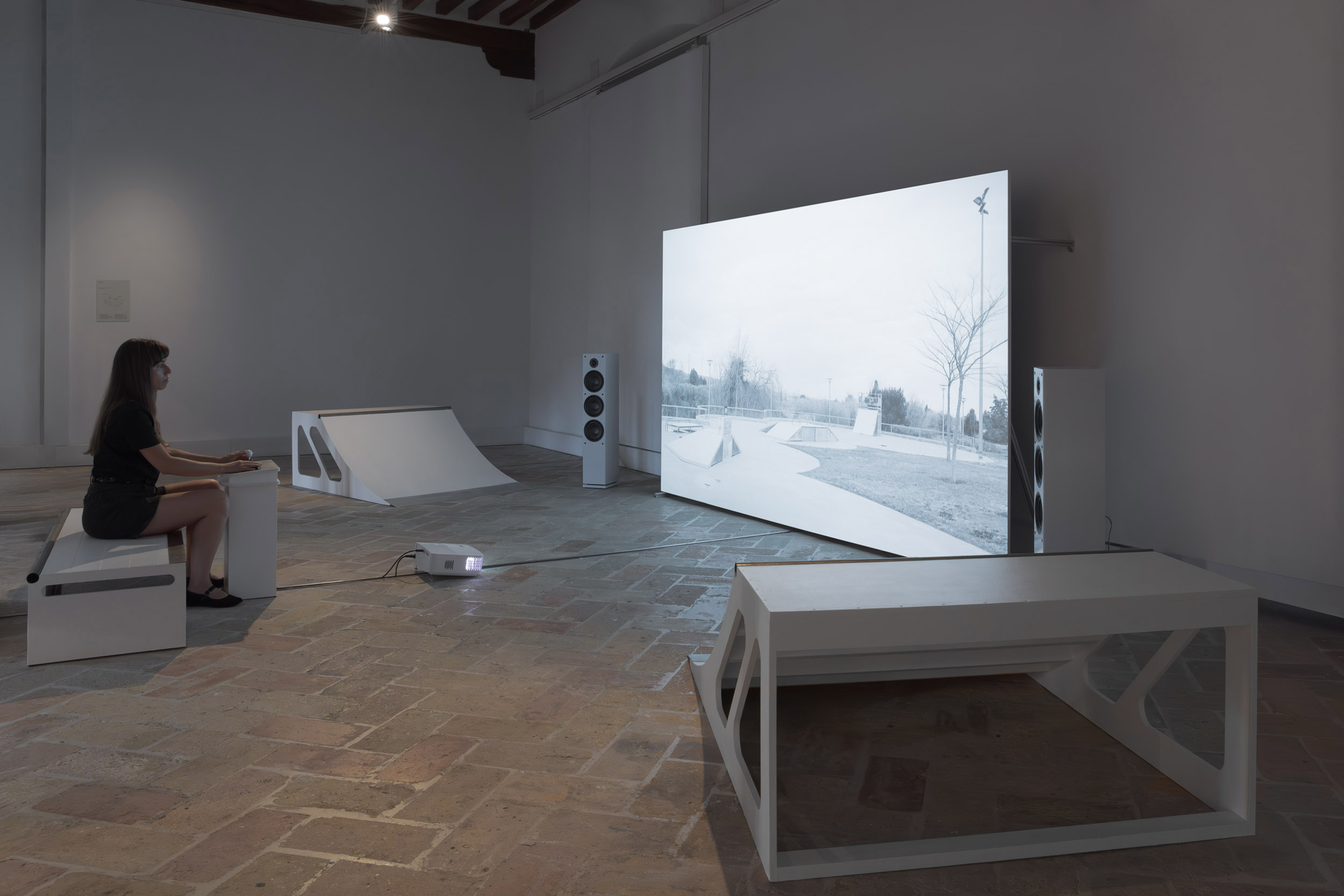
Artist

Marcel Top
Nemo Smith
Nemo Smith is not an average politician. He is the average of all UK politicians. As an algorithm generated political figure, Smith’s persona and political campaign are based on those from other politicians and parties in the United Kingdom.
Nemo Smith is not an average politician. He is, in fact, the average of all UK politicians.
As an algorithm generated political figure, Smith’s persona and political campaign are based on those from other politicians and parties in the United Kingdom. By researching their campaigns and taking certain aspects to the extreme with the use of technology, Top uses Nemo Smith to channel the absurdity of the current political landscape, the lack of ideals and the advent of fear driven voting - therefore addressing the agendas of deception and manipulation typical of recent and upcoming elections. After analysing the spending of UK political parties on election campaigns, with a focus on ad spending and data collection, Top collected the images and text used in their campaigns and categorised them according to message and visual language.
What reoccured was a polarising message, the tendency to push voters to vote against rather than for something. This concept became the base for the political campaign of Nemo Smith.
To create Nemo Smith, Marcel Top trained an algorithm to generate a new face based on the portraits of all current UK MPs. The result was then used to create an ultra realistic 3D model which also allowed the artist to create full body imagery. Top also used algorithms to face swap and/or create deepfakes.
Through Nemo Smith, Top wants to confront the public with an exaggeration of the “voting against rather than voting for”, to highlight excessive manipulation and unfair use of data during elections. Nemo Smith is the embodiment of all the deceitful practices used by political parties to in order to secure the highest numbers of voters. His motto “I am not a politician” also reflects the ambiguous and opportunistic nature of campaigning. While on one hand that is the truth, as he is not a real politician, it is also a lie, as (with him being the product of all other politicians) he will not bring anything new or any actual change for his voters - on the contrary of what his motto might make him sound like in political language.
By creating a politician that only stands against things and offering an absurdly exaggerated portrayal of widely used political strategies through the use of new technologies, Top hopes create conversation about how political campaigning works and raise awareness on the extents of electoral manipulation. By showcasing extremely realistic fake imagery and deepfakes in a controlled environment, the project aims to show people the danger these new technologies could pose in upcoming elections if not educated to recognise them.
This years selected artists are Romain Cavallin, Lina Wielant and Elise Dervichian, Romane Iskaria, Ksenia Kuleshova, Catherine Lemblé, Nathan Mbouebe, Angyvir Padilla, Marcel Top, Marens van Leunen and Laure Winants.






























